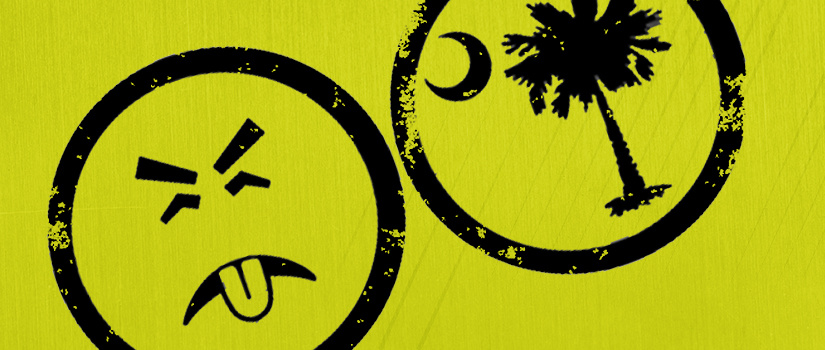Jill Michels knows from experience that the phone calls can be serious.
Each of the approximately 30,000 annual calls to the Palmetto Poison Center presents a range of possibilities. When the phone rings, a specialized healthcare individual can expect to hear one of many types of situations.
“Until you get in there and listen to the phone calls, it’s a totally different animal,” says Michels, the center’s managing director.
The Palmetto Poison Center, in partnership with the College of Pharmacy, is one of only 55 centers in the nation to have earned accreditation by the American Association of Poison Control Centers as a regional poison center. It’s also the only such center in South Carolina.
Its impact on the state is felt with each connection through the phone to help an individual in need, whether it’s a snake-bite victim or a physician asking for knowledge on a drug overdose at an emergency facility. Twenty-five percent of calls are from healthcare professionals, including from school nurses, doctors’ offices and hospitals.
A recent South Carolina Department of Health and Human Services project funding award ensures the Palmetto Poison Center’s impact on the college and state will continue into the future. The funding from Medicaid totals more than $3.6 million over 4 ½ years.
It’s the largest contract the poison center has received from its funding sources, Michels says. She added that the center’s budget is “basically to run the poison center and that’s it.” The funding provides security to hire people who are effective on the phones to manage poison emergencies, as well as for prevention materials and software.
The effects of the poison center’s services are also seen in the numbers. For every dollar spent on the poison center, around $13 is saved in healthcare costs, including emergency room and physician visits, ambulance services and unnecessary medical treatments.
When you hear poison center, you hear the College of Pharmacy, as well, since we’re a part of it.
Jill Michels, Palmetto Poison Center Director
The poison center, which is open 24 hours per day and 365 days per year, is also involved in educational training and public health education. The center is staffed by healthcare professionals who are formally trained in toxicology as specialists in poison information. It’s an experiential site for fourth-year pharmacy students and is involved in educational training of emergency medicine physicians and pediatricians.
Michels’ presence is an example of the center’s influence on the college. She teaches toxicology as part of the clinical department, and the center provides education and experience for fourth-year students.
“When you hear poison center, you hear the College of Pharmacy, as well, since we’re a part of it,” she says.
There’s a tireless effort at the center to provide free poison and toxicology advice, consultation to physicians for critical patients, education and experience for pharmacy students, and more, all while saving money in healthcare costs.
The largest contract in the center’s history means that high standard will continue for the college and state.
“It’s a wonderful thing for us and certainly the state as well,” Michels says.
